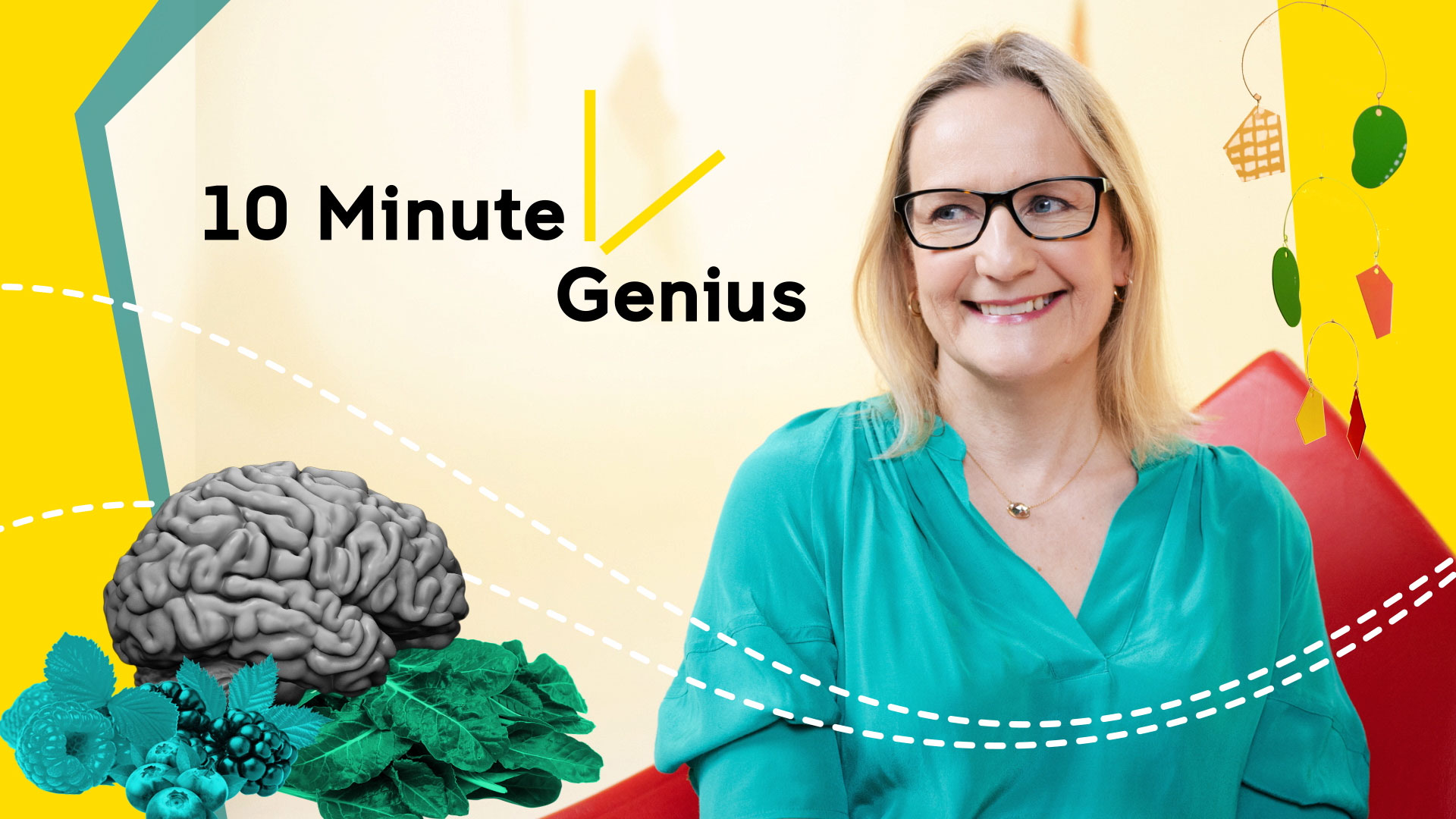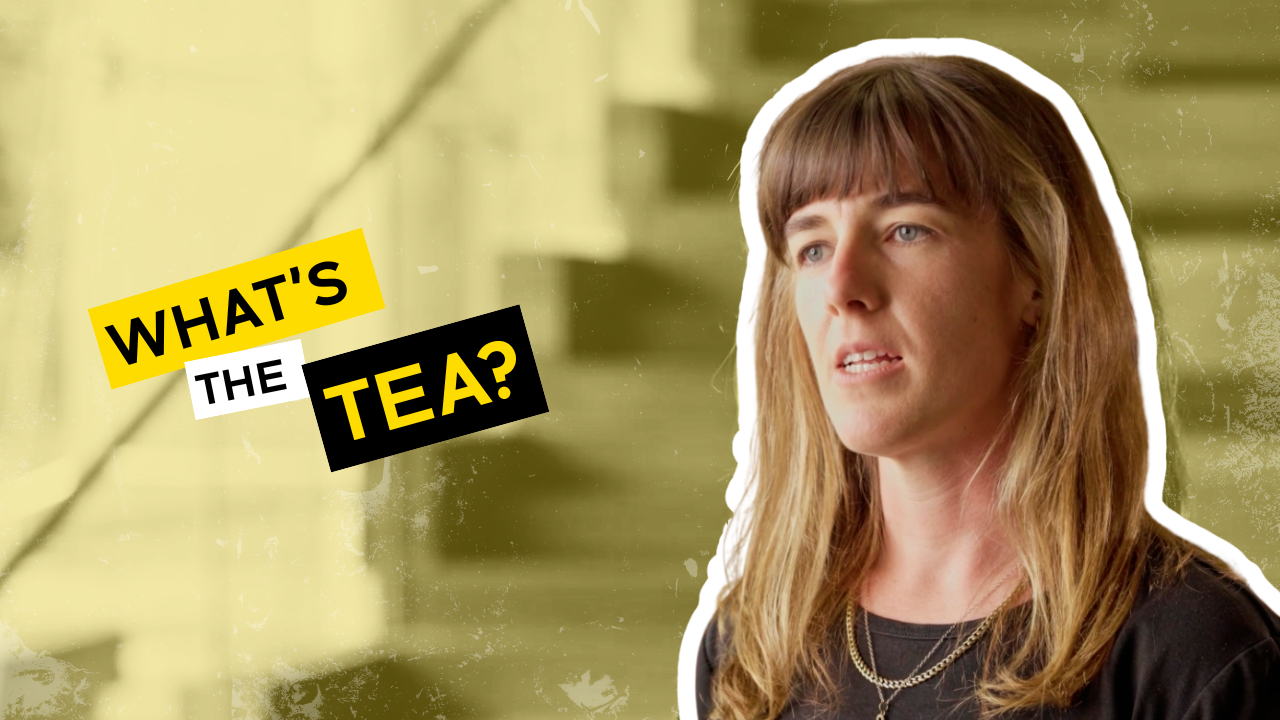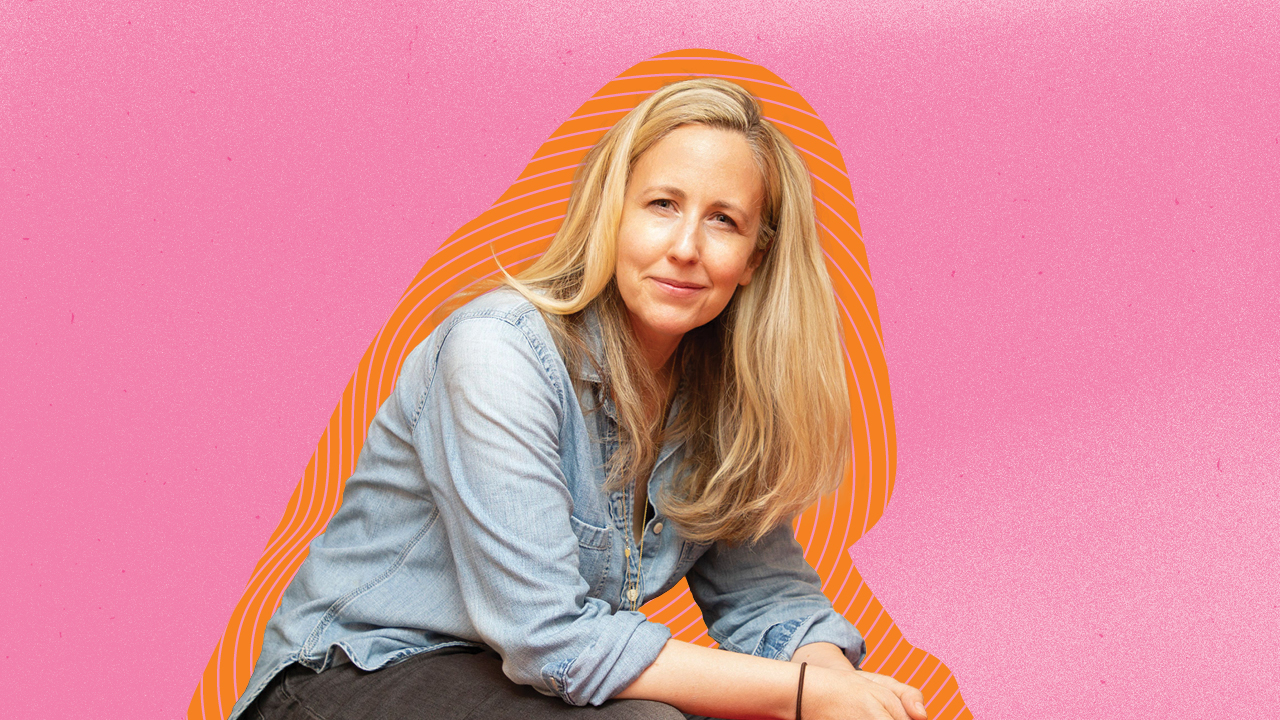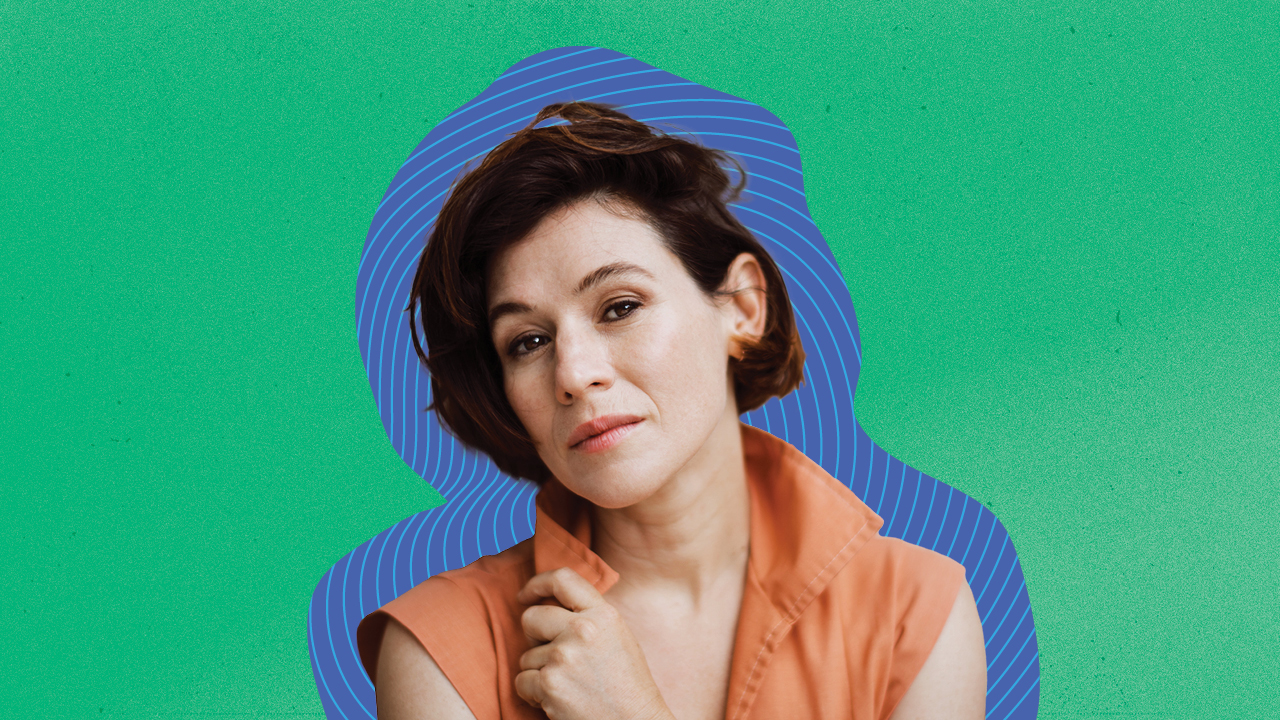Kaarin Anstey | How To Age Better
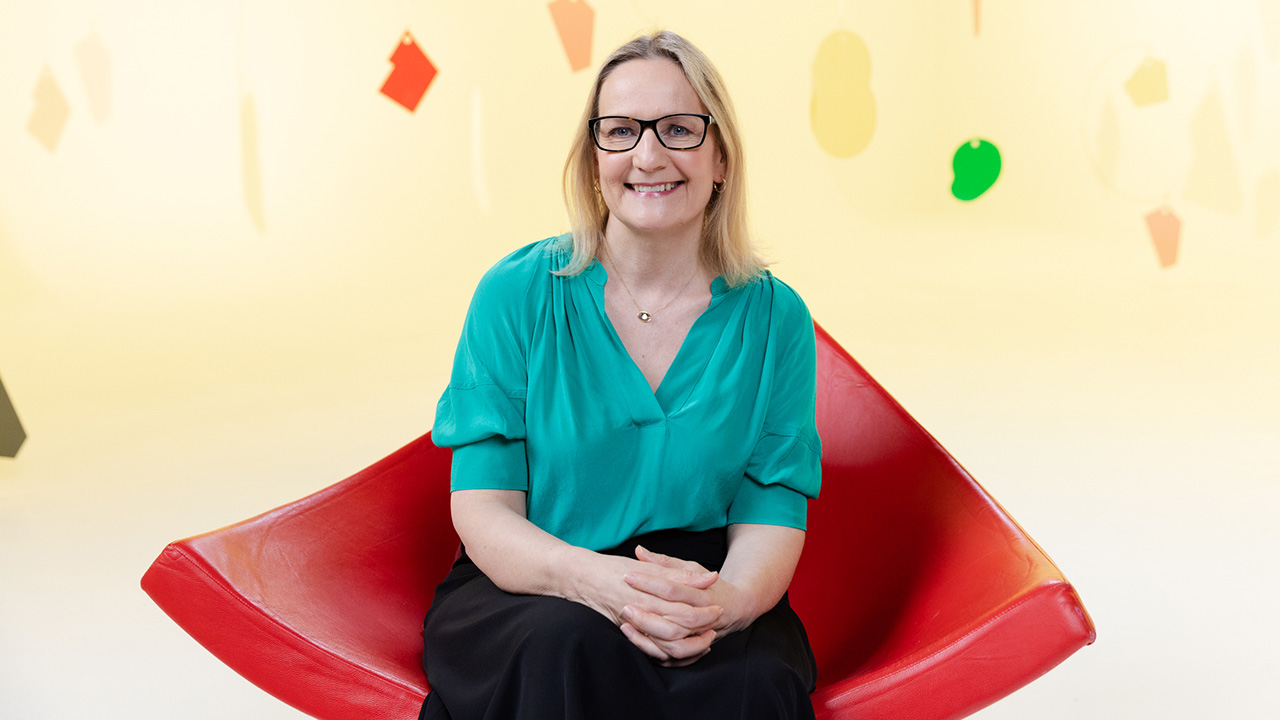
Declining memory and brain function shouldn’t be assumed to be a normal part of ageing. It’s just one that many of us have come to expect and even accept… But we don’t have to.
Getting older is the cause for a lot of anxiety. It’s no surprise - ageing is almost universally stigmatized by advertising, the media and pop culture. We worry about losing our looks, our stamina and fitness. And it’s not just physical, there is also an expectation that getting older means brain function and memory will decline too.
While some of these changes are inevitable, there are some that can be easily prevented. Eating well, socialising with friends, doing puzzles and staying active have all been shown to dramatically reduce the chance of developing dementia - but in order to achieve the full benefit you need to act now. By the time you reach your senior years, the effects of lifestyle will have accumulated over decades which is why it’s important that we make these small but impactful shifts to our lives now to ensure that when we finally do reach old age, can enjoy a healthy and happy lifestyle.
In 10 minutes or the length of time it takes to finish a sudoku puzzle, Professor Kaarin Anstey will share some easy tips on preventing dementia.
ABOUT 10 MINUTE GENIUS
In this sprawling digital age where a universe of information is accessible within seconds, it's easy to be paralysed by the simple question of where to begin.
Introducing: 10 Minute Genius, a series of short talks designed to create a space in which you can engage with new ideas. We have curated a collection of material scientists, philosophers and maths lovers to help you make some sense of this chaotic information vortex. And because you’re busy, all we ask of you is just ten minutes.
Transcript
UNSW Centre for Ideas: Welcome to the UNSW Centre for Ideas podcast – a place to hear ideas from the world’s leading thinkers and UNSW Sydney’s brightest minds. The talk you are about to hear forms part of the 10 Minute Genius series, a curated collection of UNSW’s thinkers, dreamers and envelope pushers helping you make some sense of the relentless information vortex in which we live. In under 10 minutes, or the length of time it takes to finish a sudoku puzzle, Scientia Professor Kaarin Anstey shares some tips on how to improve our brain health.
Kaarin Anstey: How do you feel about getting older? Are you excited, anxious? Well, none of us are getting any younger but there is a lot we can do to improve how we age and it's never too late or too early to start. Hi, I'm Kaarin. I research dementia, ageing and brain health and I've got an important message. What we do now can enable us to age better in the future and I'll tell you how, in under 10 minutes.
As a society, we have a very negative attitude towards ageing and there's an expectation that getting older can mean brain function and memory will decline, hence the phrase senior moments, but this shouldn't be accepted as inevitable. Another myth is that there's nothing you can do to prevent dementia. I'm here to set the record straight. Declining memory and brain function shouldn’t be assumed to be normal or an unavoidable part of ageing. It’s something that many of us have come to expect and even accept, but we don’t have to. So while it’s normal to forget those tip of the tongue, things like names as we get older, there’s actually a lot we can do throughout our lives to improve our memories and reduce the chance we will develop dementia when we’re old.
Dementia is the name given to conditions that impair brain function and lead to progressive deterioration in cognition. One of the most widely recognised symptoms of dementia is memory loss. Now, unlike the more visible parts of our body, such as our skin and our hair, it's difficult to observe the effects of ageing on the brain. We can't see the brain, so we don't always know it's unhealthy until it's too late.
To prevent dementia, we need to figure out what increases our risk and to do this, I have conducted what's called cohort studies. My research has tracked cognitive health of a cohort of Australians for 20 years and discovered the crucial role that a healthy diet plays in preventing dementia. My work also involves studying huge data sets and comparing the lifestyles and other factors that are common among those who develop dementia compared to those who don't. What I, and my colleagues, have found is that there are many modifiable factors that contribute to brain health and dementia and these include diet, exercise, mental activity, social engagement, environmental factors, cardiovascular risk factors like stroke, blood pressure and diabetes, head injury, sleep, stress, and mental health.
Now, that is a long list, but it also means there are plenty of opportunities to live and age better and what we've discovered is that what matters is not only how we live as we enter our later or our senior years of life, but how we live throughout the entire course of our lives.
That might sound daunting, but it can also be a positive message that what we do today can have a positive impact on our brain health in later life. It's never too late to start, and here are some simple changes you can make. To improve your brain health, you can eat smarter, eating berries twice a week and lots of leafy green vegetables. Eating plants with every meal and avoiding processed food is also a good step. Eating fish two to three times a week has been shown to reduce the risk of dementia. You can stay active, the equivalent to 20 minutes a day of brisk walking is all you need to stay within the national guidelines to reduce your risk of dementia by up to 30%. And ideally add two sessions of weight training a week, quit smoking ,or if you don't smoke, don't start and get social.
Loneliness is a risk factor for poor brain health as we age and social connection throughout our lives – not just on screens but in person – can really improve our chances of having a healthy brain for longer. And gender also plays a part. Women on average live longer than men and, given the strongest risk factor for dementia is old age, this means we do see more older women with dementia. If we take age out of this, then the gender differences do reduce, but it seems that women are still more likely to develop Alzheimer's disease, the most common cause of dementia
So what is Alzheimer's disease? Accounting for about 60 to 70% of cases, now other factors like getting plenty of sleep and reducing stress are also beneficial for brain health, not just now but into the future. ut it’s important to recognise that some of these steps are easier for some folks to implement in their daily lives than for others and it’s not just up to us as individuals.
My work also looks at what can be done at the population and public health level. This means engaging with governments and decision makers to help shape the environments in which we live, and the structures that shape our lives. To support lifestyles that are healthier, social inequality, and brain health are connected. The design of our cities can sometimes make it difficult to exercise. Fresh, healthy food can also be expensive or even inaccessible, depending on where you live and this is why we are also looking at workplaces and governments to develop policies that really support brain health. And it goes without saying that these actions will also promote general health, but there are things you can do to help improve the big picture, and this means advocating or voting for improve public health that supports better brain health and ageing.
Another thing you can do is push back against ageism. Now ageism is discrimination and involves negative stereotypes based on age. Having negative expectations about ageing has been shown to lead to poor health outcomes, and even a shorter life expectancy. If we assume that health problems and chronic disease are just a normal part of getting older, then we are less likely to do something about them. But realising that we can address these things, and expect to have a good quality of life as we age will provide the best opportunity for brain health. So knowing everything I know about ageing and the brain, how do I feel about ageing myself?
Well, I'm doing what I can now like eating a healthy diet, so I can benefit my brain in later life. But I've also learned that there's a lot to look forward to in getting older – overall happiness, life satisfaction and even self acceptance are found to increase as you age, so regardless of whether you see yourself as young, old, or somewhere in between, I hope you'll join me in not just ageing, but ageing better together.
UNSW Centre for Ideas: Thanks for listening. For more information, visit centreforideas.com and don't forget to subscribe wherever you get your podcasts.
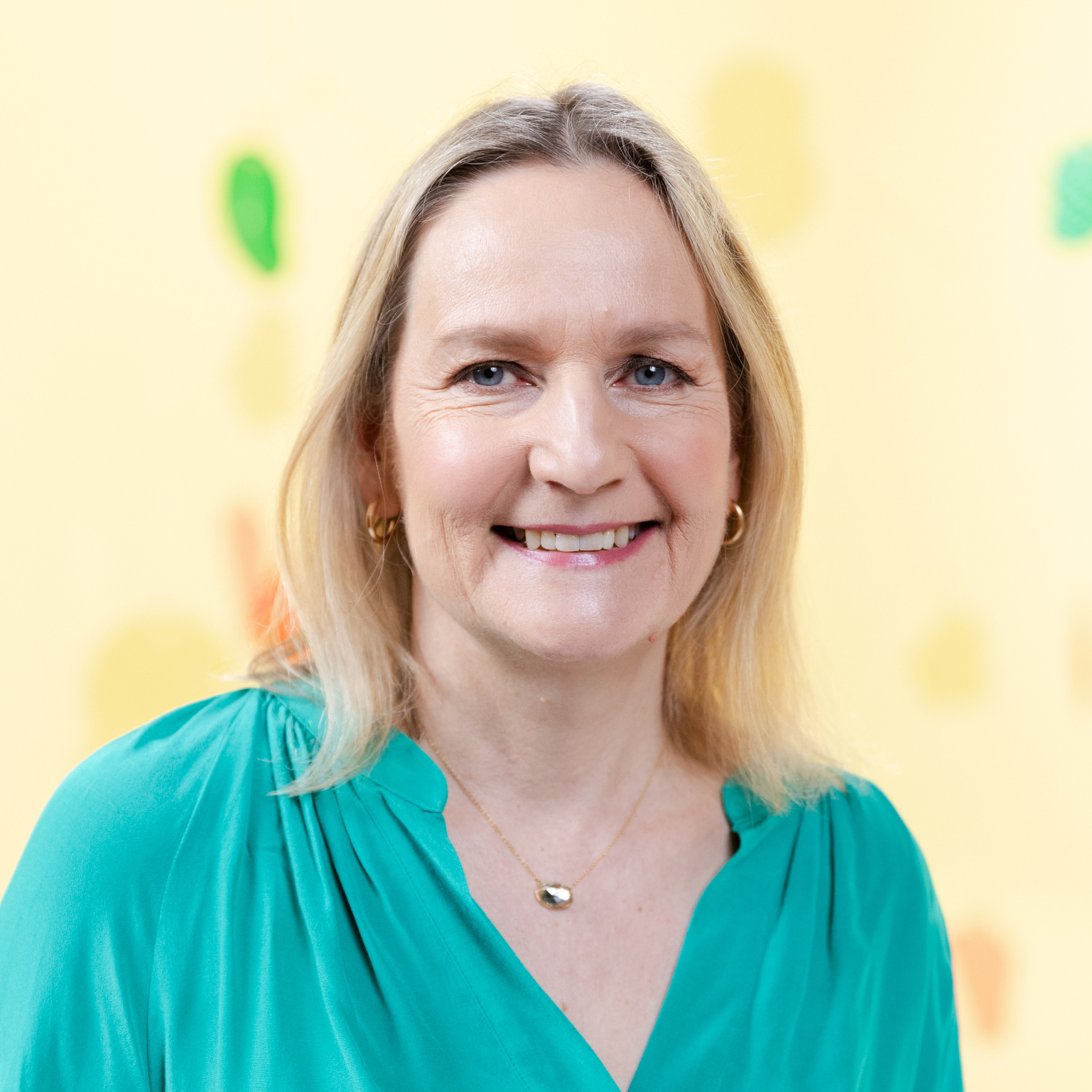
Kaarin Anstey
Kaarin Anstey is a Scientia Professor Anstey and ARC Laureate Fellow in the School of Psychology at UNSW Sydney. Kaarin was the Chief Investigator on the ARC Centre of Excellence in Population Ageing Research (2011-17) and is Co-Deputy Director of the current ARC Centre of Excellence in Population Ageing Research (2017-2024) where she also co-leads the Cognitive and Decision Making Stream. Kaarin is Chair of the International Research Network on Dementia Prevention, and a member of the Governance Committee of the Global Council on Brain Health, an initiative supported by the American Association of Retired Persons and AgeUK.

